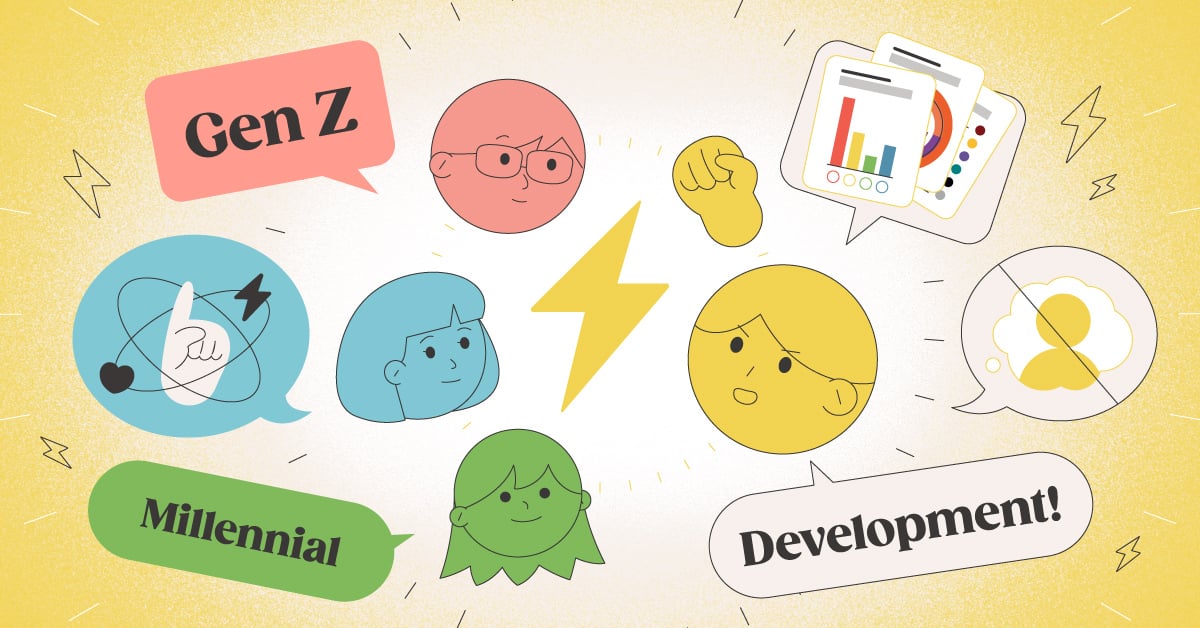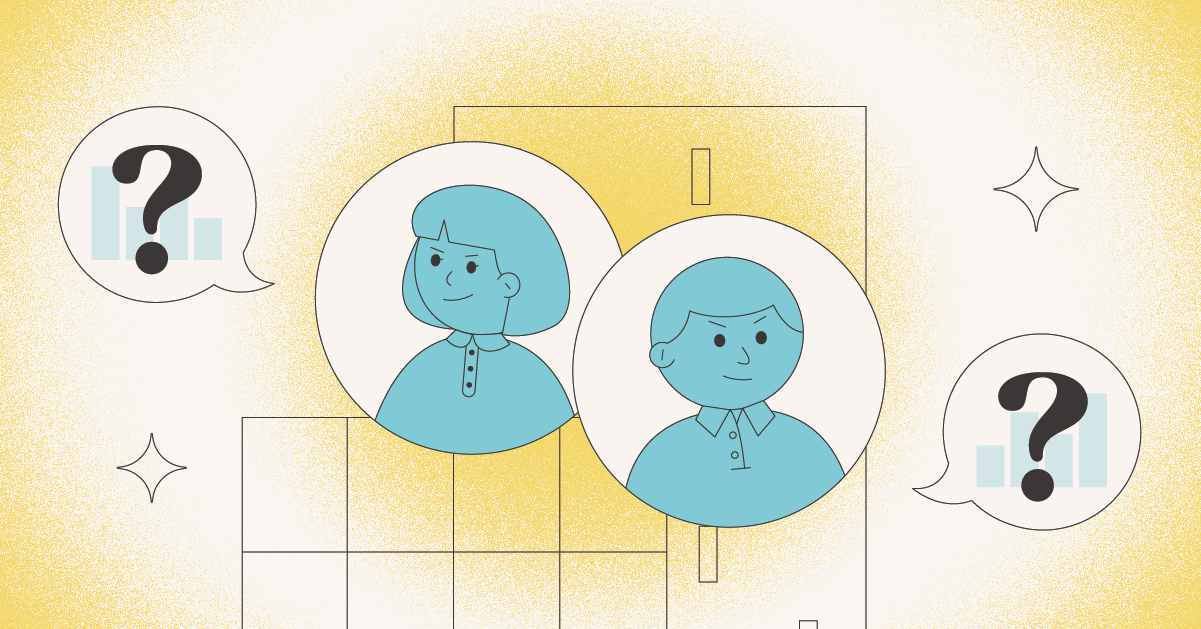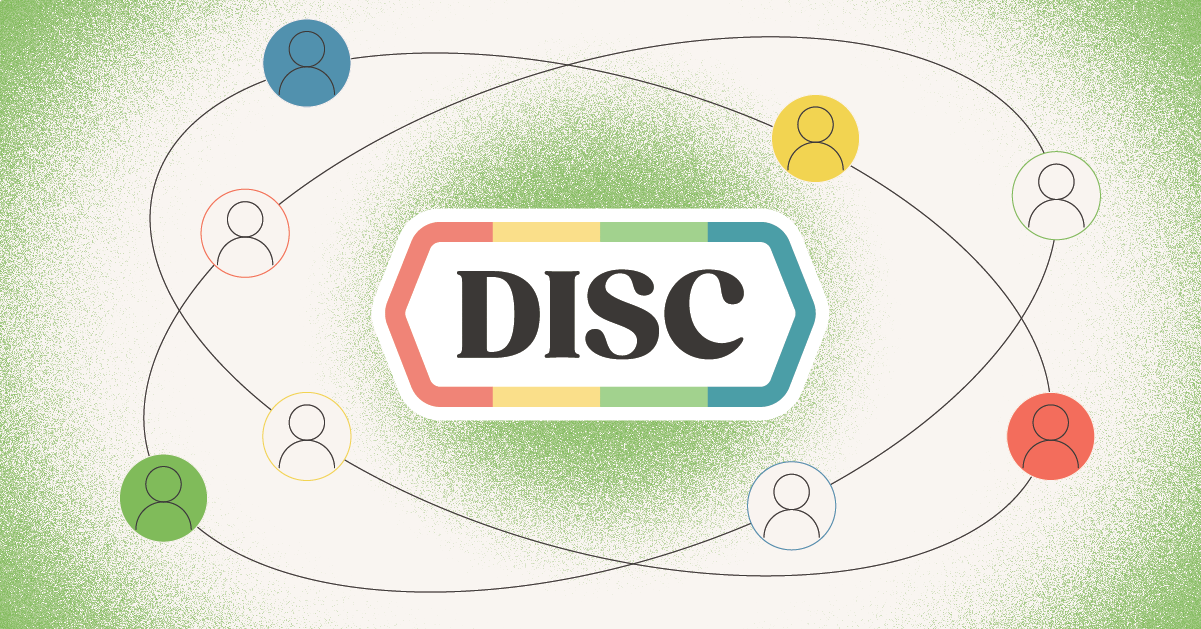
Unlocking your next promotion might be simpler than you think. What if a single tool could help you understand yourself and others better, leading to improved communication and career growth?
That tool exists! It’s called DISC, and it’s the key to boosting your professional development. Here’s how to use DISC to get a promotion and advance at work.
What is DISC?
DISC is an assessment tool that measures how a person does what they do through four behavioral factors: Dominance, Influence, Steadiness, and Compliance.
DISC explores observable behavior and reveals how a person will perform, including how they prefer to communicate, what they will bring to a team, their ideal environment, and possible limitations they may face.
How Can DISC Help You Get a Promotion?
TTI’s DISC assessment gives insight into your Natural and Adapted behavioral styles and communication preferences.
By understanding how you prefer to interact with the world around you, you can discover patterns in your behavior and use this awareness to adjust your approach. DISC insights can also help you to recognize the behavior of the people you work with, including your boss.
DISC Enhances Communication
DISC enhances all aspects of communication because it helps you understand yourself better. When you recognize how you prefer to communicate, where you shine socially, and how to express yourself, you’ll feel confident and collected as you ask for a promotion.
You can also use this insight with others to better understand the people around you and guide your conversations accordingly. “People love to be communicated with in their preferred style,” said Cindy Jacoby, Management Consultant and Executive Coach at BizHelp. “If you can show that you can pivot, then you’re a valuable member of the team.”
When you know or can guess your boss’s primary behavioral style, you can tailor your approach to their preferences for a better chance of successfully influencing them. It will help you effectively communicate your point of view and share why you deserve a promotion, positioning yourself to appeal to your boss.
“It’s all about increasing your effectiveness,” said Jacoby. “We’re not trying to change who you are, but if you want to get better results from your communication, figure out the other person and approach them the way they want to be approached.”
DISC Improves Teamwork
One of the most useful parts of DISC is the fact that it’s observable. It reveals how someone does what they do, which means you can pick up on others’ behavioral styles with careful consideration.
When you know more about yourself and others, you can be a better team member.
Understanding your DISC scores will help you look for similarities and differences in others. “DISC gives you a roadmap through difficult conversations,” explained Jacoby. “You can use it to determine how you might annoy the person you’re talking with, or how your behavior could make things difficult for them. By thinking it through, you can avoid those potential blocks to get the ideal outcome.”
By making those adjustments as needed, you can demonstrate awareness, strengthen your team, and get better results. It will also help you improve your messaging and interactions overall, assisting you in asking for a raise and showing why you deserve one.
DISC Contributes to Nonverbal Knowledge
Knowledge of DISC also helps develop your nonverbal communication skills. Someone doesn’t need to have taken a DISC assessment for you to observe their behavioral style; you can apply your knowledge of DISC and adjust your approach accordingly.
When asking for a raise, approach your boss with their communication preferences in mind. Do they prefer eye contact and direct gestures? Would the message be received better over written communication? Are they going to want time to think things through, or will they have follow-up questions immediately?
These are all factors to consider when using nonverbal communication. How you approach your ask can make or break their decision. Use your knowledge of DISC and behavior to subtly influence your approach. The adjustments you make should be operating in the background, not the main focus of your interactions.
Dustin Hebets, a Cognitive Behavioral Research Analyst at TTI Success Insights, laid it out clearly: “As you start focusing on your body language, your attention is immediately taken away from the setting you are in … don't worry about controlling your body language; worry about being a good listener.”
Ultimately, utilizing DISC as a tool for self-awareness and understanding others is a powerful strategy for career advancement. By enhancing your communication, improving your pattern recognition, and sharpening your nonverbal knowledge, you can strategically position yourself for a promotion.
DISC isn't about changing who you are, but rather equipping you with the insights to adapt your approach, effectively articulate your value, and build stronger professional relationships.
Don’t take our word for it! Get insight about your behavior by taking a DISC assessment today.



